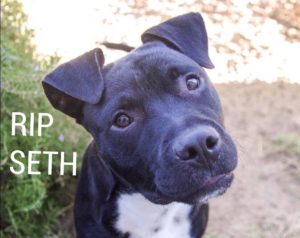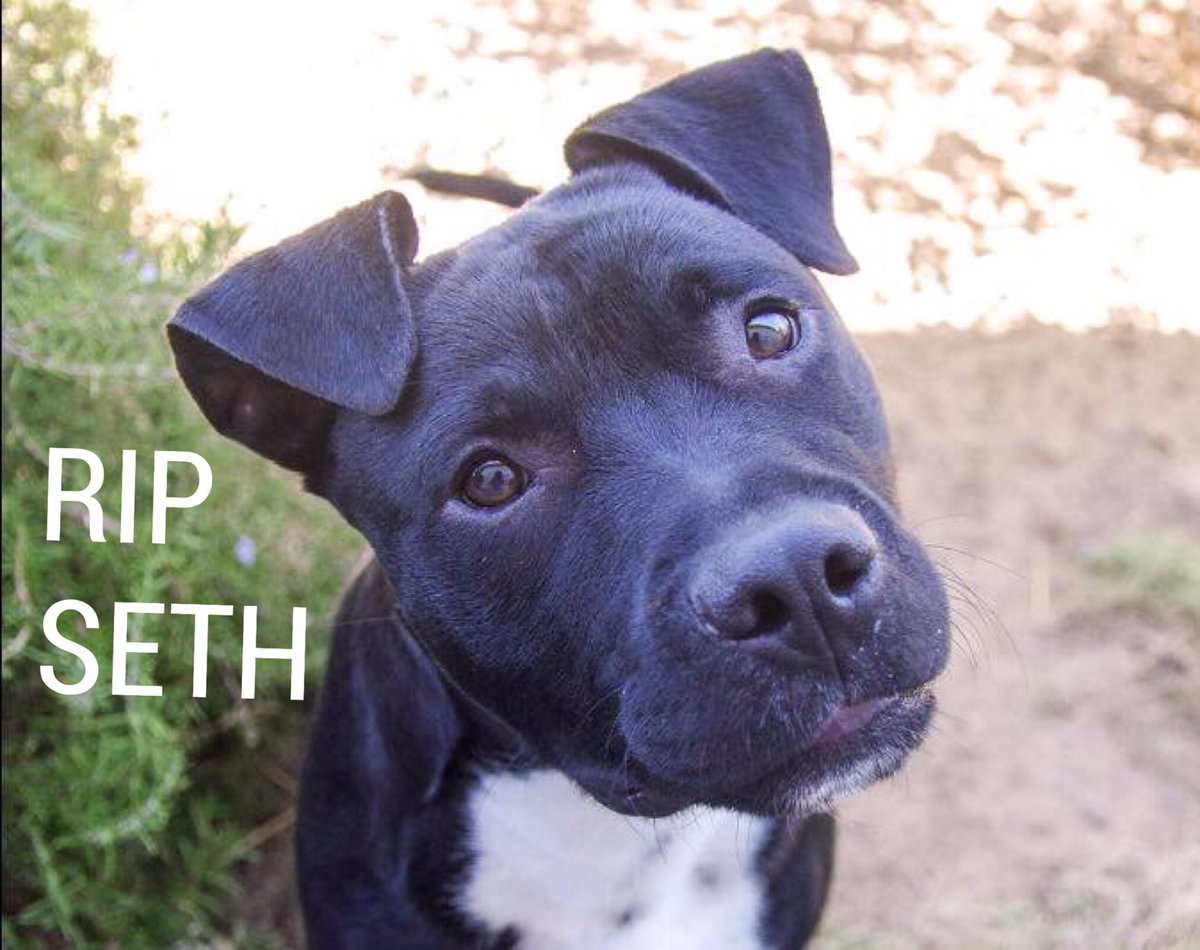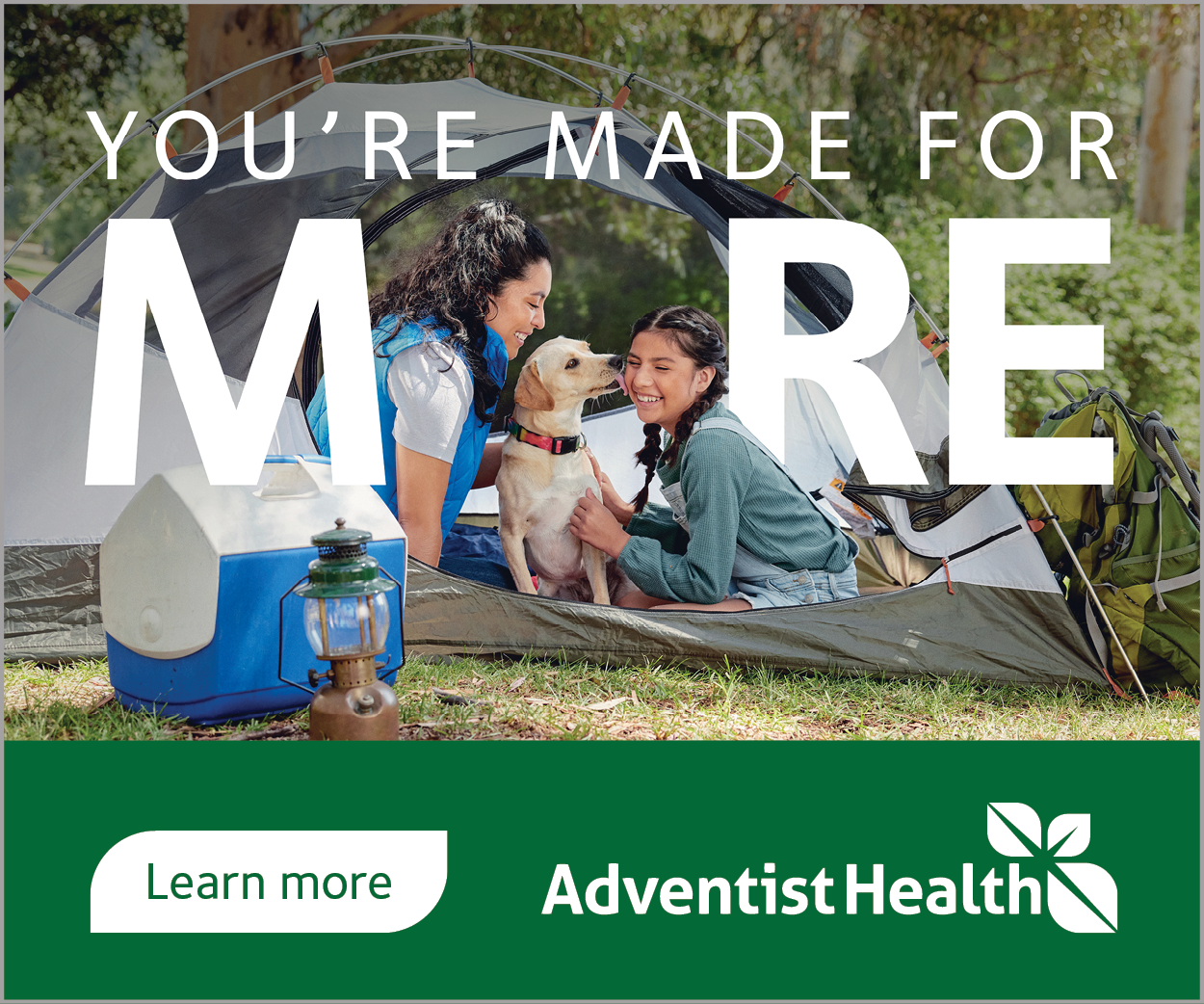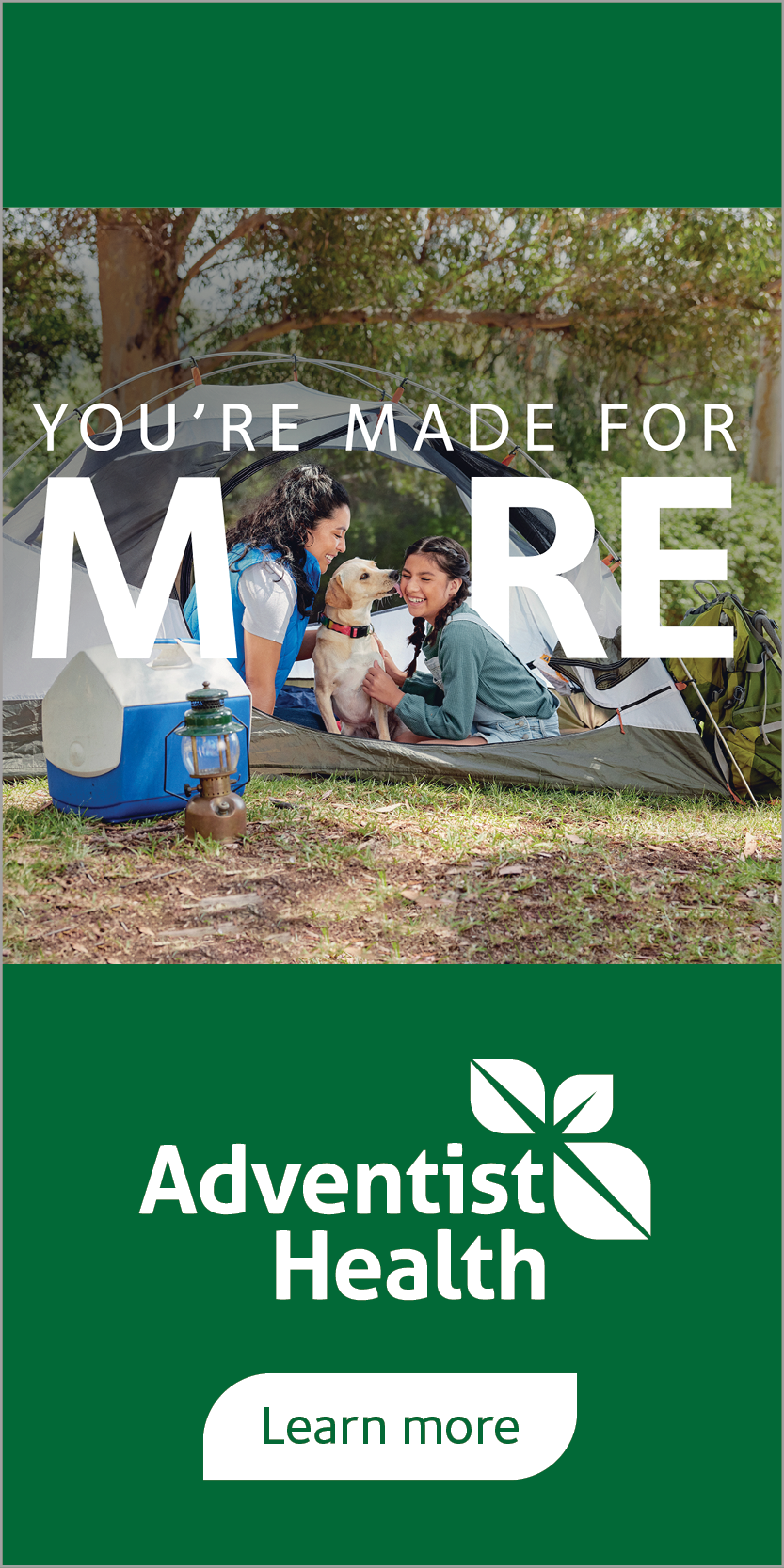UKIAH — The Mendocino County Animal Shelter is undergoing decontamination measures after an outbreak of parvo last week left two dogs dead and one other infected, but now healthy. Volunteers at the shelter, who have been consistently worried about oversight of the facility, expressed concern over the outbreak and whether it was being properly dealt with. Mary Jane Montana, interim shelter director, provided an update on the shelter in a letter to Board of Supervisors last week, and described the timeline of the outbreak in an interview.
The the first case was first identified in one of a group of three puppies brought to the shelter on September 27. However,

Seth the Dog, who died of parvo – courtesy of Trudy Brooks
though one of the puppies tested positive for parvo, and was euthanized, soon thereafter, the shelter did not formally announce the outbreak until October 12. According to Montana, the puppies were seen and vaccinated on the day they were brought to the shelter, according to protocol, and then placed in a kennel in general population (although one was treated for an abscess). Montana said the puppies were placed in the kennel furthest from the other dogs, but noted the facility does not contain kennels that enable a strict quarantine of any animal.
The October 12 statement did not mention puppies, only an adult dog, Seth, that died from a parvo infection October 9, and another, Romeo, that started treatment for parvo October 11. After the outbreak was announced October 12, volunteers questioned why the public had not been informed sooner, and why the shelter had not closed the dog areas, halted group dog walks, or notified potential adoptive owners of the outbreak earlier to prevent further spreading.
Parvovirus is a highly contagious canine pathogen, especially dangerous to young puppies, but can usually be prevented with vaccinations. It is easily transmitted by direct contact between dogs but can also survive in dirt, on leashes, dishes, shoes, and other materials for sometimes several years and can be difficult to eliminate. “It’s pretty virulent and can live in the environment a long time,” said Montana, who added the virus can also be transmitted through fecal or other waste contact.
In an interview, a local vet said many public recreation areas in the county can put unvaccinated dogs at risk for parvo, especially puppies.
Montana said the shelter typically has volunteers or staff do animal intake to assess animal health in an intake room upon arrival. The volunteers then refer animals to a vet tech or the county veterinarian, Dr. Charlotte Burns DVM, for further treatment if needed. Montana clarified that the shelter has two vet techs on staff, and Burns visits as her schedule permits — she also works at Mendocino Animal Hospital. Shelter pets are taken to the hospital if Burns cannot come to the shelter for surgery, treatment, or other exams. Montana said, “Some weeks that’s three days a week, other weeks not at all.”
Over the last several months, at Board of Supervisors meetings, volunteers have requested more regular vet attendance at the shelter. One volunteer, Monica Fuch, wrote in a letter that animals were sitting in their own waste, and asked the county to increase staff and oversight of shelter activities.
Montana stated that all dogs are vaccinated upon intake except for those who have microchips, in which case the shelter waits 24 hours to contact the owner prior to vaccinations. However, she noted, “it’s hard because we get many dogs in from populations that can’t afford to vaccinate.”
Montana said that on October 5 one of the puppies was discovered to be lethargic, and was tested by the vet who was at the shelter that day. She said according to protocol and based on the puppies age, the puppy was euthanized. The other two tested negative but were transferred to a rescue facility that specifically deals with parvo-infected dogs. Montana said that the kennel remains empty and is being disinfected.
On October 5, the dogs in the three rows of kennels near the puppies were then tested for parvo, although all were adult dogs who had received vaccinations. On October 8, many of the shelter dogs were taken on a “pack walk,” but one dog, Seth, was lethargic and stayed in the shelter. Seth was then found to have parvo and transferred to Mendocino Animal Hospital, where he died on October 9.
Montana said Seth had been in the shelter since August 2 and received vaccinations on intake. She said he had been treated for kennel cough but was given a clean bill of health August 24. After Seth was found to be infected the shelter notified volunteers, began to clean kennels, and notified everyone who had adopted a dog in the previous week to “call immediately if they see symptoms” so the shelter could provide treatment if needed.
Full shelter disinfection began Tuesday, October 10, including the areas “where everyone walked,” as the virus can be transmitted on shoe soles and through contact with leashes. An additional seven dogs were tested that day, and one, Romeo the dog, was found to have parvo and was immediately transferred to the animal hospital. Disinfection is taking place until October 26.
The shelter will continue to take dogs collected by the county’s animal control officers, they will be kept separately in police holding pens, not adjacent to the general population kennels at the facility, until their owners can retrieve them. Residents who want to give up their dogs are being ask to go to the Humane Society shelters in the interim.
Romeo underwent hospital observation and was transferred to the parvo rescue on October 13, where he is recovering as are the two puppies initially transferred there.
Since then an additional 15 dogs have been tested, bringing the total dogs tested to 21 out of about 70 in the shelter’s custody. Some dogs had diarrhea and tested positive for giardia. On the vet’s recommendation, all dogs in custody are being treated for giardia.
Dog owners who have not vaccinated their dogs can attend a clinic at 405 Observatory Avenue on November 8, 2016, from 9am until noon. Montana said the event was originally scheduled for veterans, but has been opened to the general public.
Check out our related coverage of things to know about parvo.




